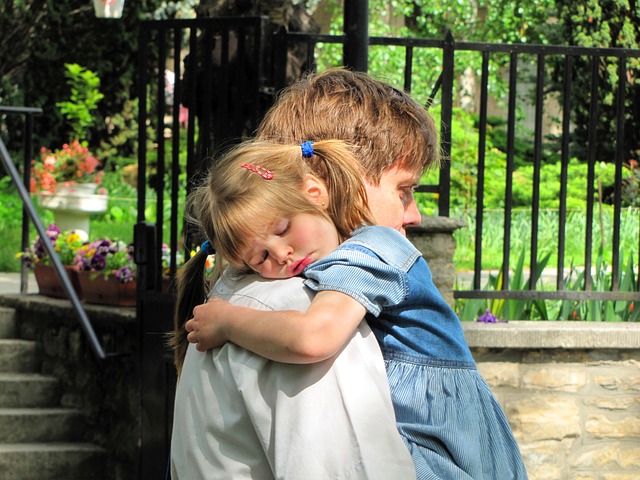Young Fathers More Likely to Suffer Baby Blues

Daddies get baby blues too. Early parenthood increases the risk of depression among young men, according to a new study.
Researchers said the findings are worrying because symptoms of depression could increase dramatically during some of the most important years of their offspring's lives.
The findings revealed that young men who were around 25 years ld when they became fathers and shared the same home as their children were 68 percent more likely to suffer depressive symptoms in the first five years of fatherhood.
Lead researcher Dr. Craig Garfield, an associate professor in pediatrics and medical social sciences at Northwestern University Feinberg School of Medicine, said that the latest study is the first to show that young fathers are more likely to develop depression. Researchers said that the findings could lead to better treatment for young fathers.
"It's not just new moms who need to be screened for depression, dads are at risk, too," Garfield said in a news release. "Parental depression has a detrimental effect on kids, especially during those first key years of parent-infant attachment. We need to do a better job of helping young dads transition through that time period."
Baby blues in fathers are worrying as previous findings reveal that depressed dads use more physical punishment, read less and interact less with their children and are more likely to be stressed and neglect their children. Studies have also shown that children of depressed fathers are more likely to develop poor language and reading skills, and have more behavior and conduct problems.
"We knew paternal depression existed and the detrimental effects it has on children, but we did not know where to focus our energy and our attention until this study," Garfield said. "This is a wakeup call for anyone who knows a young man who has recently become a new father. Be aware of how he is doing during his transition into fatherhood. If he is feeling extreme anxiety or blues, or not able to enjoy things in life as he previously did, encourage him to get help."
The study involved data from 10,623 young men enrolled in the National Longitudinal Study of Adolescent Health (Add Health), which followed a nationally representative sample of adolescents in the U.S. for over two decades into young adulthood.
The findings were published April 14 in the journal Pediatrics.
© MD News Daily.
